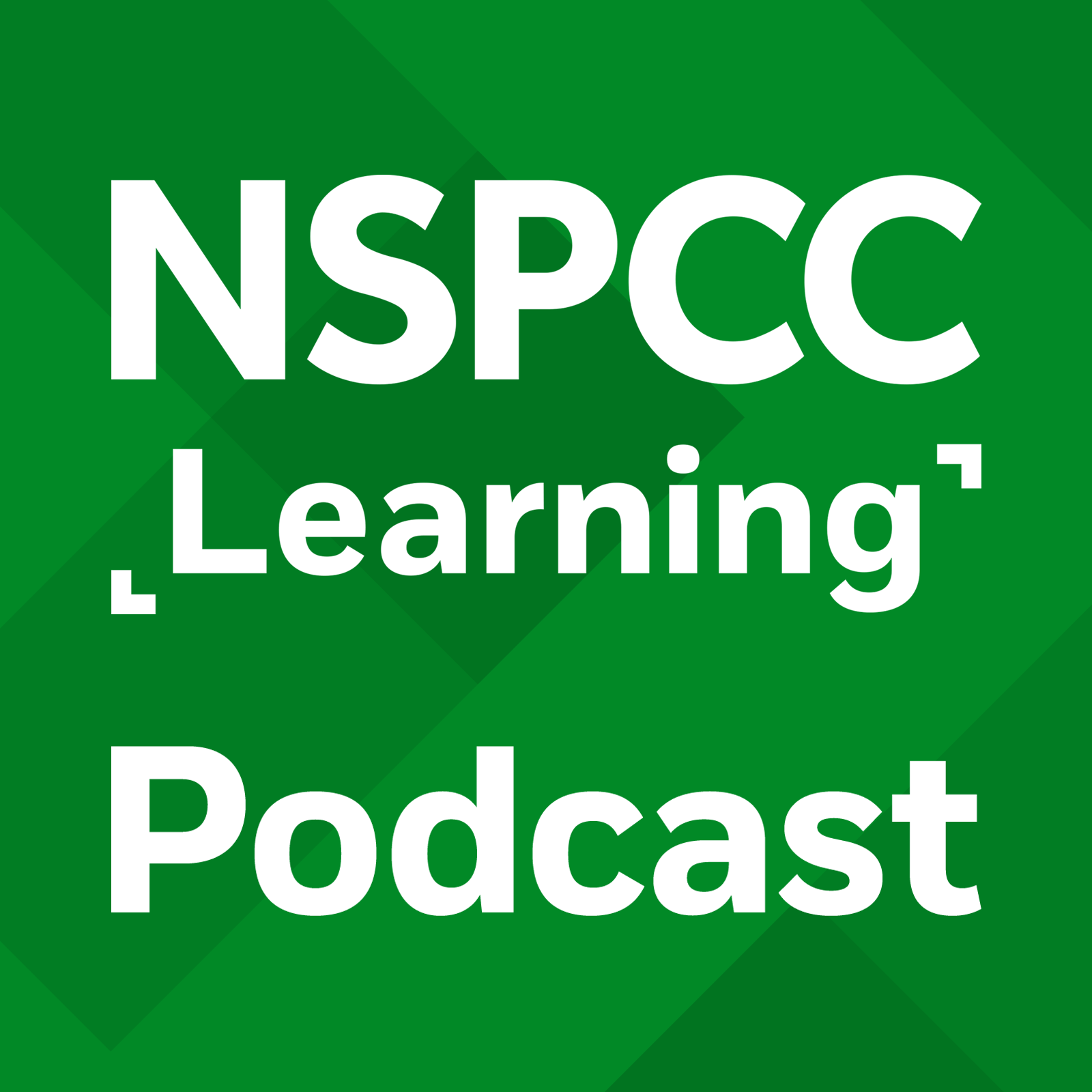An introduction to IICSA | Recommendations for Change: a series about the IICSA final report - episode 1
Recommendations for Change is a new five-part podcast series from NSPCC Learning, exploring the Independent Inquiry into Child Sexual Abuse (IICSA) final recommendations. The series breaks down why the recommendations are needed, how they’ll work if implemented, and what impact they might have on the prevention of child sexual abuse.
This first episode of the series provides the background to the Inquiry. You will learn why IICSA was set up, how the NSPCC contributed to the Inquiry, and why it’s so important for professionals working with children to be aware of the Inquiry and its findings. The episode also covers how the Inquiry engaged with victims and survivors of CSA, including the set-up of the Truth Project.
> Read the podcast transcript
About the speakers
Peter Wanless is Chief Executive of the NSPCC. Peter joined as Chief Executive in 2013, after running the Big Lottery Fund for 5 years. Before this he worked as a Director at the Department of Education. In the 2021 New Year’s Honours, Peter was awarded a knighthood for services to Children, to Young People and to the Charitable Sector.
Lisa McCrindle is Assistant Director in Policy, Communications and Strategic Influence at the Centre of expertise on child sexual abuse (CSA Centre). She’s an experienced public policy and communications leader, researcher and evaluator with over 20 years’ experience working in public policy across the children and young people’s agenda.
Dr Maria Neophytou is the Director of Strategy and Knowledge at the NSPCC, joining in 2020 from Impetus, where she was Acting CEO. Maria has worked on strategy, public policy and research in the children’s sector for over fifteen years, exploring how we can harness evidence in aid of social change. She gained her PhD at Cambridge University, where her research was on gender equality and international relations.
Further resources
> Read the Independent Inquiry into Child Sexual Abuse (IICSA) final report
> Read the CASPAR summary of the IICSA final report, and the government responses to the recommendations made
> View the CSA Centre's 'Key messages from research' series
> Access other practice resources from the CSA Centre
> Learn more about child sexual abuse
About the series
The Independent Inquiry into Child Sexual Abuse (IICSA) published its final report in October 2022. The report was a comprehensive examination of institutional failings to protect children from sexual abuse, demonstrating the need for a wholesale change in how child sexual abuse (CSA) is tackled. The report highlighted 20 key recommendations that would contribute towards this change.
This five-part podcast series explores these recommendations in more detail. A range of experts from both inside and outside of the NSPCC will break down why the recommendations are needed, how they’ll work if implemented, and what impact they might have on the prevention of child sexual abuse. The series is a useful introduction to the Inquiry for anyone who is working or volunteering with children and young people.
Intro/outro music is This Too Shall Pass by Scott Buckley

24m








